Today, project managers juggle an array of powerful methodologies including Agile, Lean and Six Sigma. Each promises to revolutionize how work gets done, but which approach reigns supreme? The answer: it depends. The University of Northern Colorado (UNC) Master of Business Administration (MBA) with a Concentration in Project Management online program tackles this complexity head-on. Students dive into these iterative frameworks, learning when and how to deploy each for maximum impact. As methodologies overlap and blend, UNC prepares its graduates to be agile thinkers in every sense of the word.
Agile Project Management
Agile project management turns traditional workflows on their head, embracing change and uncertainty. This iterative approach breaks projects into bite-sized chunks, allowing teams to adapt and deliver value continuously. This involves a series of small victories rather than a single, high-stakes finish line.
At its core, Agile is about people. It thrives on trust, flexibility and collaboration. Teams are empowered to make decisions, fostering a sense of ownership and creativity. This human-centric approach often leads to higher engagement and more innovative solutions. The constant feedback loop between team members and stakeholders ensures that the project remains aligned with evolving business priorities.
Agile shines in environments where speed and adaptability trump rigid planning. It is particularly effective in software development, where requirements can shift rapidly. By prioritizing the most critical features and delivering them first, Agile projects provide tangible benefits early and often. This incremental approach not only satisfies stakeholders but also allows for course corrections based on real-world feedback. In essence, Agile transforms project management from a prescriptive process into a dynamic, learning-oriented journey.
Understanding Six Sigma, Lean Project Management and Lean Transformation
Data-driven Six Sigma seeks to eliminate defects by identifying and removing their root causes. It harnesses the power of statistical analysis to drive decision-making. By meticulously measuring and analyzing processes, organizations can achieve near-perfection in their outputs, dramatically improving customer satisfaction and operational efficiency.
Lean project management focuses on the flow of value through an organization. It challenges teams to strip away anything that does not directly contribute to the end product or service. This approach revolves around five key principles: identifying value, mapping the value stream, creating flow, establishing pull and pursuing continuous improvement. By visualizing workflows and eliminating bottlenecks, lean transforms operations and leads to faster delivery times and higher-quality outputs.
The concept of waste in lean thinking encompasses hidden drains on productivity such as unnecessary meetings, inefficient communication and even unused human potential. For example, in the digital workplace, knowledge workers often juggle multiple applications and lose valuable time to context switching. Lean project management seeks to identify and eliminate these inefficiencies.
Lean transformation takes these principles and scales them across entire organizations. It represents a fundamental shift in organizational culture and thinking. The Lean Transformation Framework serves as a guide, prompting organizations to question their purpose, examine their work processes, develop new capabilities and reshape their management systems.
How Can These Methodologies Intersect in Project Management?
The intersection of Six Sigma, Agile and Lean methodologies in project management is about understanding and applying their fundamental principles synergistically. These approaches are powerful tools that professionals can adapt to specific project needs. The key lies in striking a balance among Six Sigma’s data-driven rigor, Agile’s flexibility and Lean’s focus on value creation. This harmonious blend allows project managers to tackle complex problems with analytical precision while responding to changing requirements and continuously improve processes.
Rather than focusing on superficial implementation or slavishly adhering to ceremonies and roles, effective project managers ask themselves what they truly want to achieve and how these methodologies can help them reach their goals. This approach allows teams to leverage the strengths of each method: Six Sigma’s statistical analysis for identifying and eliminating defects, Agile’s iterative approach for rapid delivery and customer feedback, and Lean’s waste reduction principles for optimizing workflow. By selectively applying the most relevant aspects of each methodology, project managers can create a tailored approach that delivers superior results.
Study Project Management Approaches in the MBA in Project Management Online
The MBA in Project Management online from UNC expertly blends theory and practice in these cutting-edge methodologies. Students dive deep into the intricacies of these approaches, learning the mechanics and underlying principles that drive their success. The program’s coursework prepares students for prestigious industry certifications, including the Project Management Professional (PMP), Certified Associate in Project Management (CAPM) and Six Sigma Green Belt (CSSGB).
Through a mix of theoretical studies and applied activities, students gain hands-on experience in integrating these methodologies. This unique approach equips graduates with the versatile skill set and strategic mindset needed to lead complex projects in today’s dynamic business environment.
Learn more about the University of Northern Colorado’s online MBA in Project Management program.
